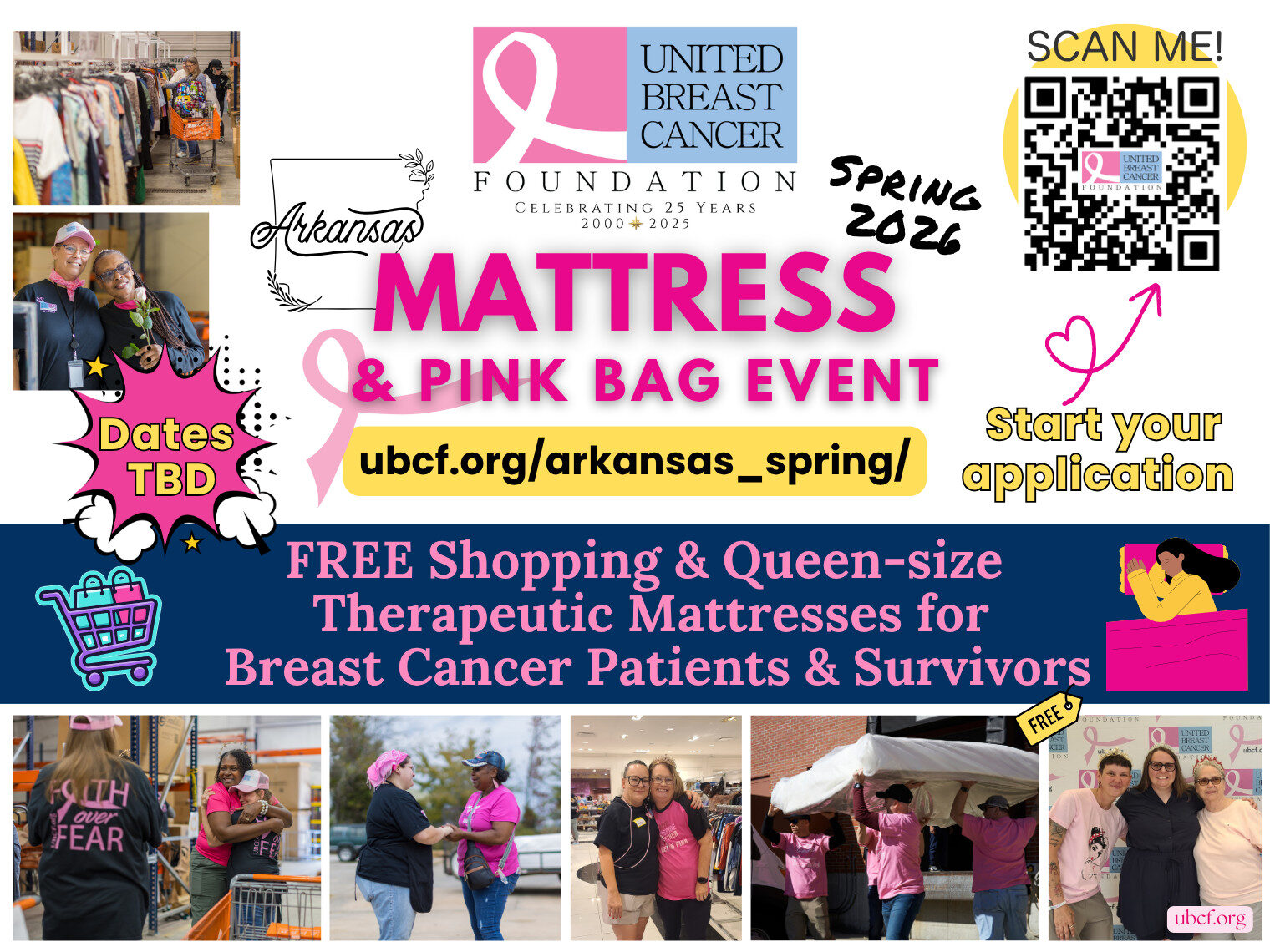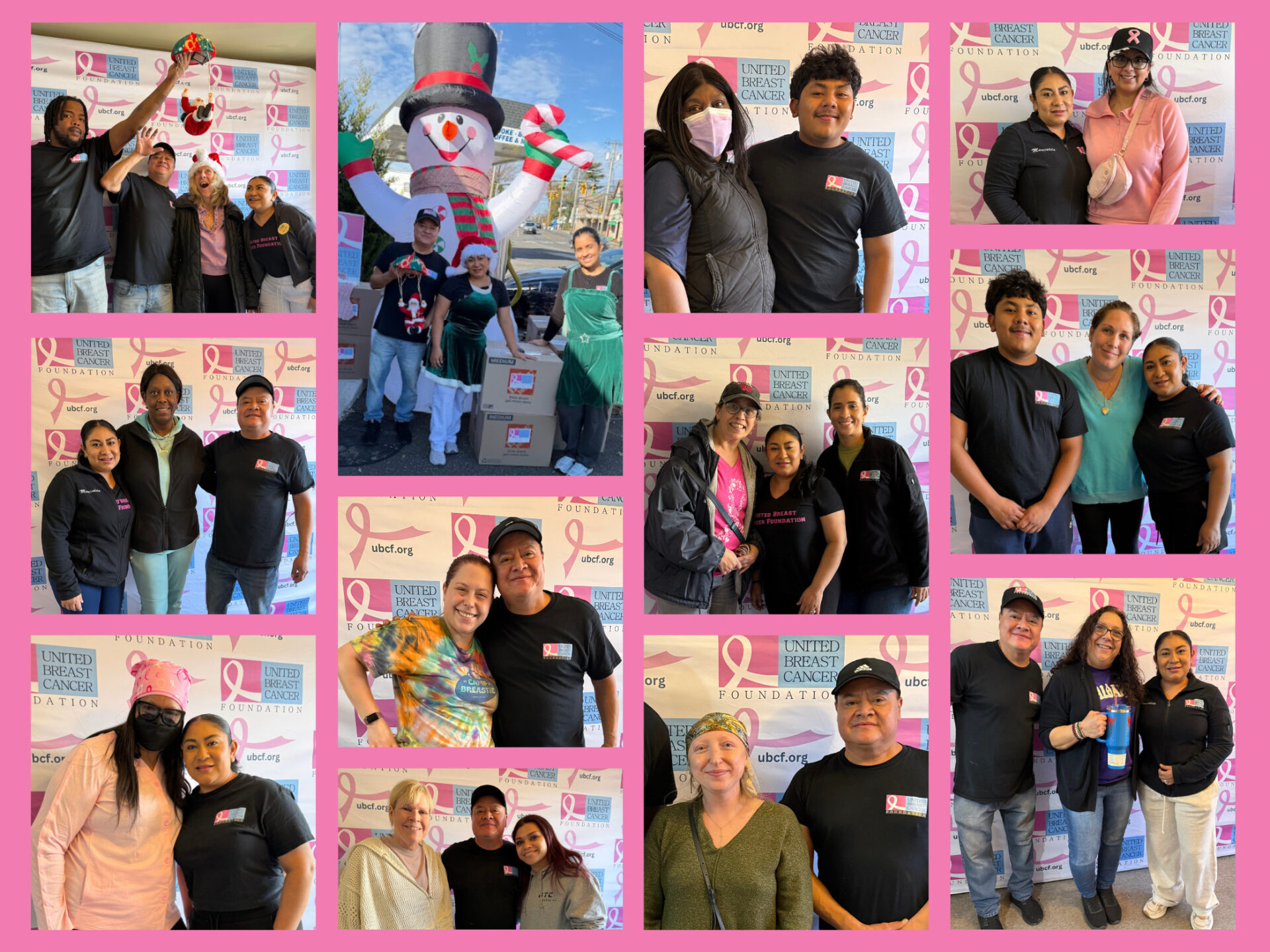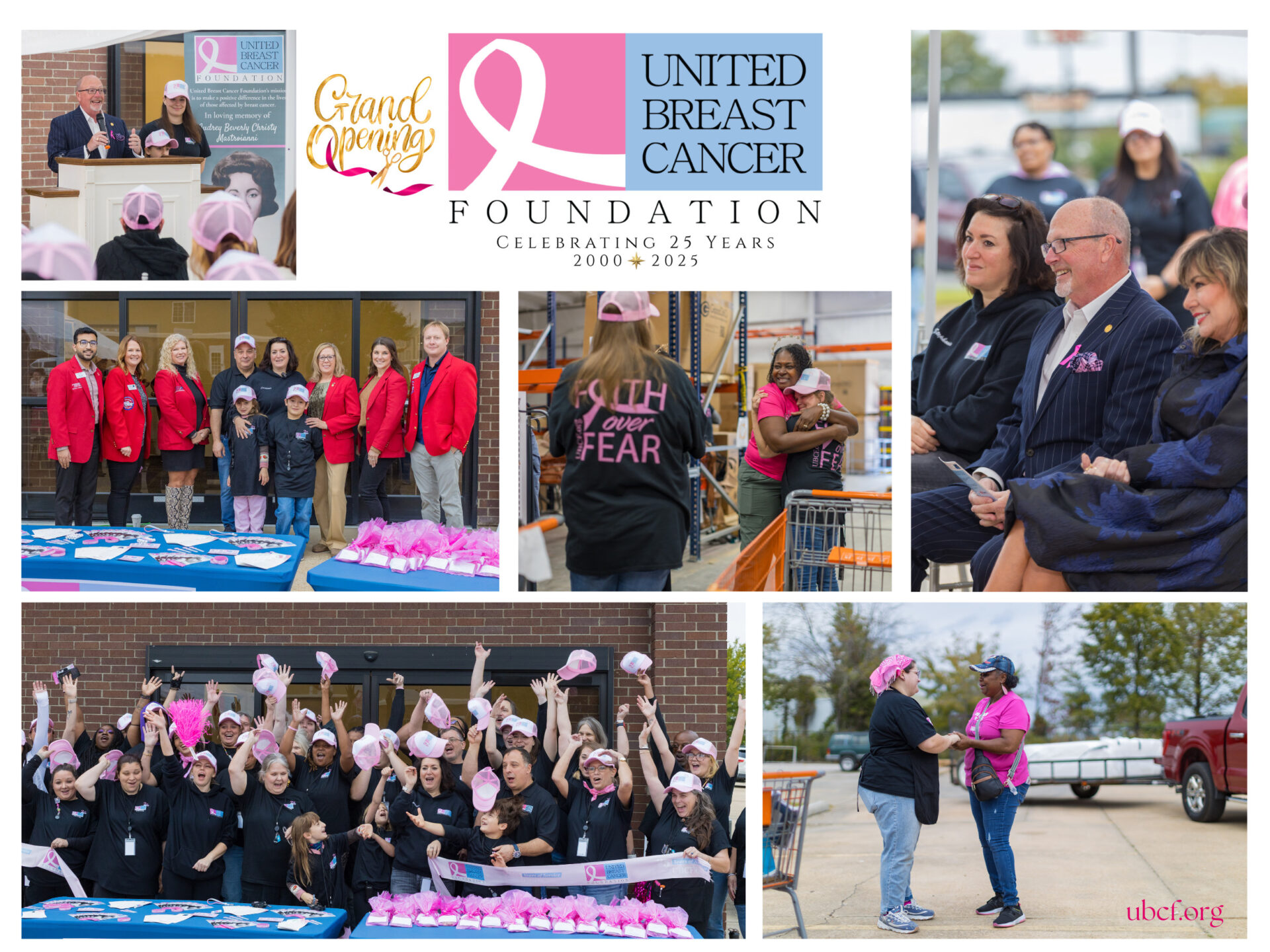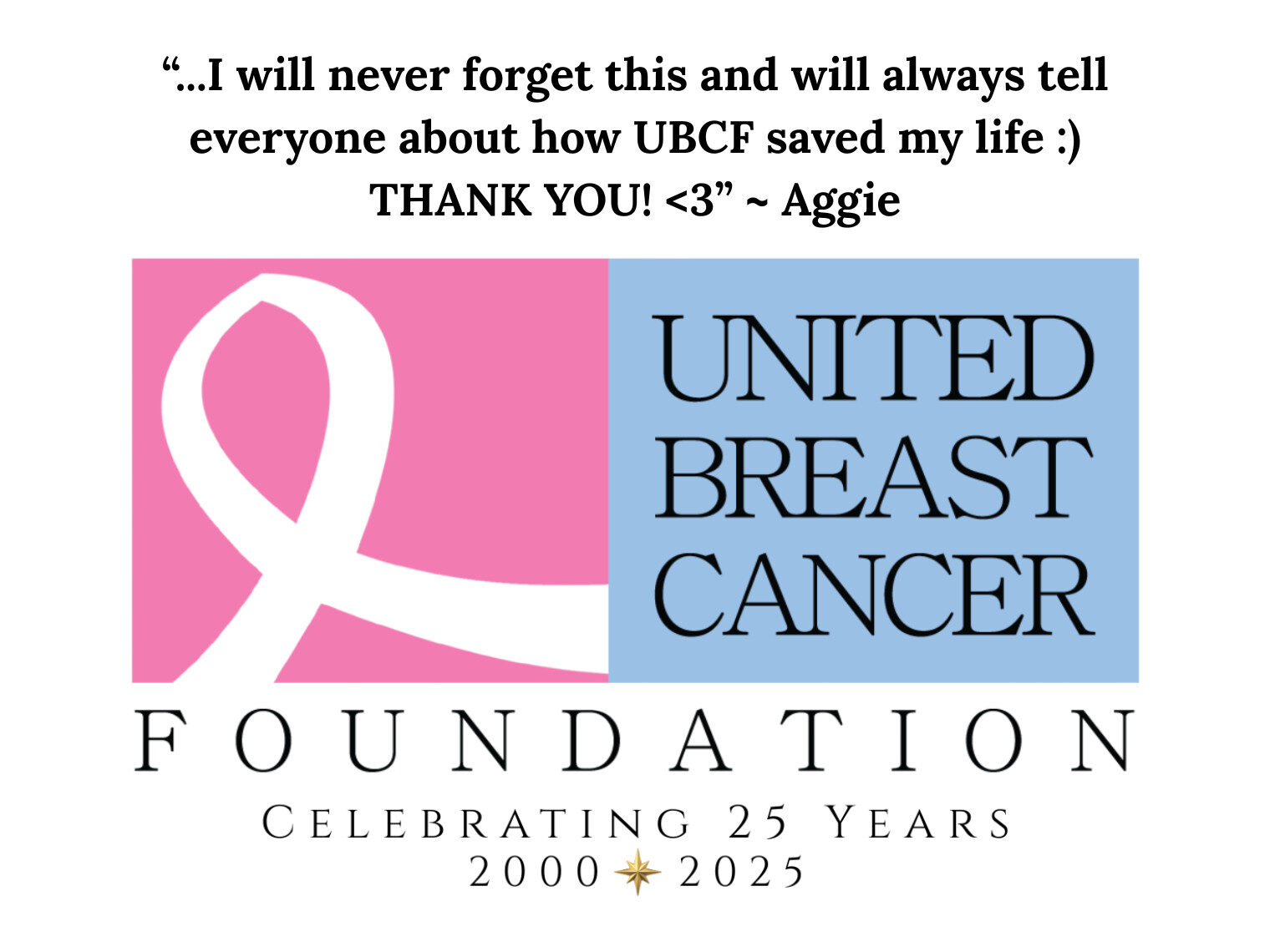If you’ve never battled cancer yourself, it’s likely that you’ve known someone that has. It’s shocking when you hear a loved one has been diagnosed. If you have no experience personally with illness it’s hard to know what the right thing to say or do is. Sometimes this awkward feeling causes people to turn away from their loved one with the justification that “they don’t want to intrude.” Personally, I have never experienced cancer first-hand, but I have been in the friends’ position and I remember not knowing what a good friend should do. If you’re a friend or family member of someone with cancer, I’ve gathered some do’s and don’ts from women with experience. Of course, everyone is different and the right thing can vary. However, I noticed some overlapping themes that most survivors suggest for caregivers.
DO NOT:
- Say “I know how you feel” unless you have personally gone through a similar experience.
- Treat him/her like they are in a perpetual state of sickness. He/she is not permanently a patient and don’t want be treated that way.
- Ignore the facts about the sickness.
- Ignore the person or stay away from them.
- Make comparisons to other people battling cancer and their situations.
DO:
- Be there. You can say “I don’t know what to say.” But be present and be there for him/her. Even clichés like “I’m thinking of you.” might be good.
- Act normally and treat him/her normally. Go shopping, get a manicure, see a movie-something to get their mind off of things.
- Visit. Probably call and ask before showing up and don’t be upset if they can’t see you right now.
- Run errands for him/her. Buying groceries, driving the kids to practice, pet-sitting. Take direction from your friends family members if you’re not one. Sometimes just buying groceries and leaving them on the porch is better than asking “can I do anything to help?”
- Help his/her primary caregiver, remember they need a break every now and then.
- Let him/her talk about the sickness if that’s what they want. Let him/her decide what to talk about. Don’t assume they want to discuss every detail of their illness. Keep conversations light and normal if that’s what’s right at the time.
- You can create an online calendar and it organizes the friends and family’s chores to help take care of everything. You can do that here: online calendar.
Remember not to let the fear of saying the wrong thing keep you from saying anything. A short text or email is better than nothing. Also keep in mind that everyone needs something different and what worked for a friend in the past might not work for someone else. For further guidance on how to be a good friend to someone battling an illness, some helpful books include: The Etiquette of Illness by Susan P. Halpern, Cancer Etiquette by Roseanne Kalick, and Help Me Live by Lori Hope. Being there for a friend in a time of need will help keep positive spirits high and add joy to an otherwise dark time.
Visit these websites for more information:
Supporting a Friend Who Has Breast Cancer
When Your Friend Has Breast Cancer
Helping a Friend with Cancer









